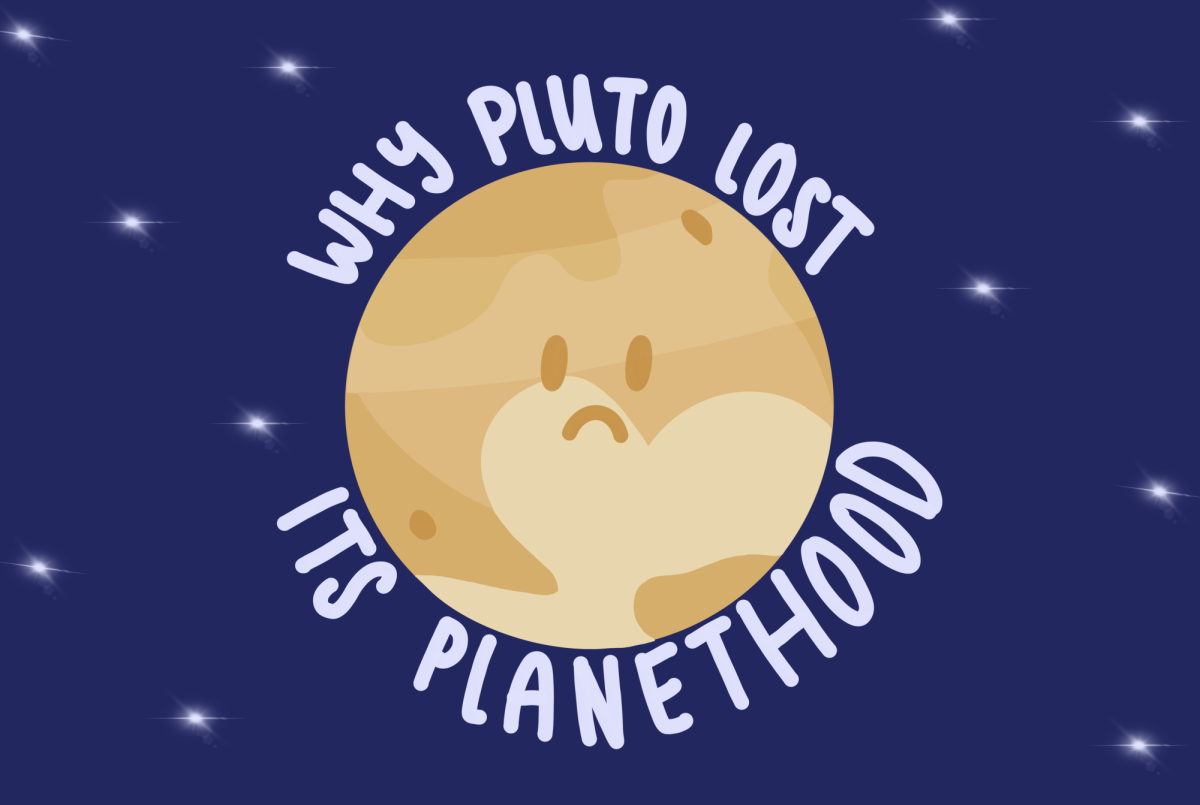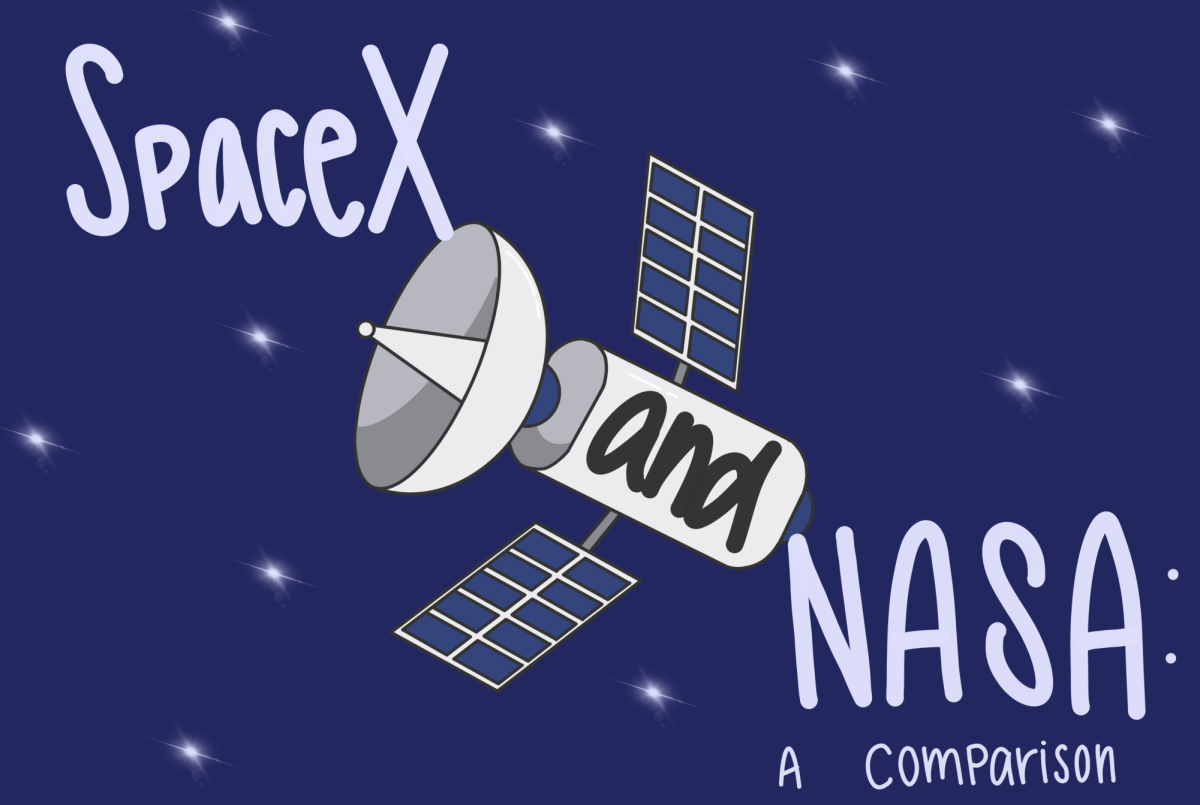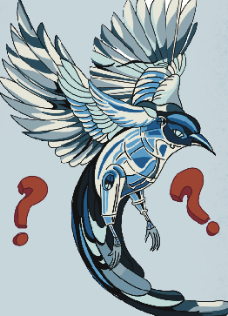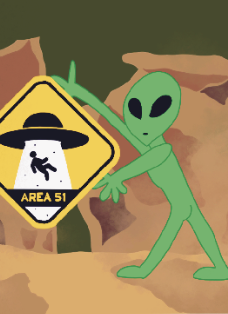Deep in space, lies our beautiful solar system. We are gifted with the Sun’s warmth, the Earth’s habitat and Saturn’s stunning rings. Our solar system has many beautiful planets, ranging from Mars to Neptune. There is a member in our system that people go on and off about, Pluto. Pluto is a dwarf planet located in the Kuiper belt, neighboring both Neptune and Uranus. It used to be considered as the solar system’s ninth planet until 2006 when it was reclassified by the International Astronomical Union as a dwarf planet. Does Pluto deserve this downgrade? Or was it just a misunderstanding from space intelligence agencies?
To better understand why Pluto was declassified, we must look at what caused it to be downgraded to this status. In order to be considered a planet, it must exhibit three factors. Firstly, it has to orbit around a star. Secondly, it must have a round shape. Lastly, it must clear the area around its orbit. This is another way of saying that there must be no other bodies that are comparable in size to itself.
Unfortunately, Pluto only meets two of the three factors, as it orbits around other objects, called “plutinos.” Because of this, it can not clear its own neighborhood, and ultimately was no longer classified a planet. However, according to an article written by NBC News, journalist Tom Metcalfe states that the IAU’s definition towards Pluto was based on astrology and not science. Astrology is deemed by many as inaccurate, which can impact studies and research.
Many did not like the IAU’s decision, especially scientists. Some decide to ignore the IAU’s definition of Pluto, leaving papers and textbooks still calling it a planet. Despite the negative feedback, the IAU does not plan to change its mind about the decision anytime soon. But maybe, that decision may have been right all along.
According to Caltech astronomer Michael Brown, he thinks the IAU had fixed a mistake that had been going on for generations, thus making the solar system more realistic. Connecting this to the University of California, Los Angeles astronomer and professor Jean-Luc Margot’s explanation that the IAU definition aids the study of exoplanets by correctly classifying them. While also eliminating those who do not meet the requirements.
In the end, while Pluto may still remain a dwarf planet, it will always be a real planet in the hearts of many. Who knew a piece of matter in the depths of cold space, could have so much meaning behind it?



















